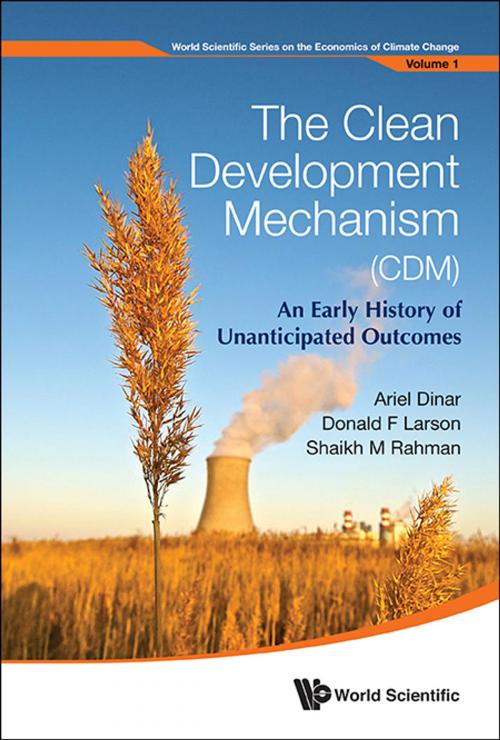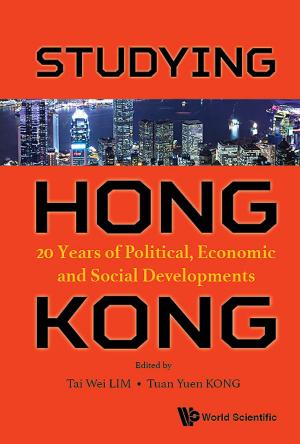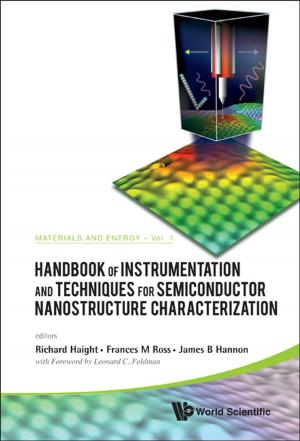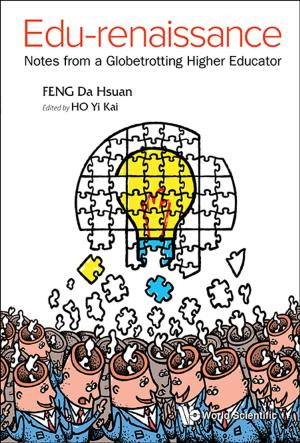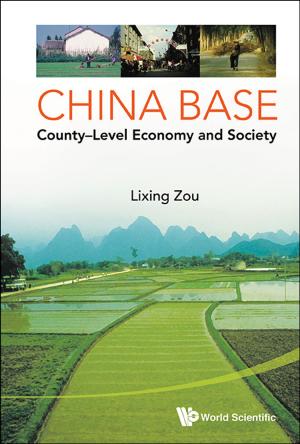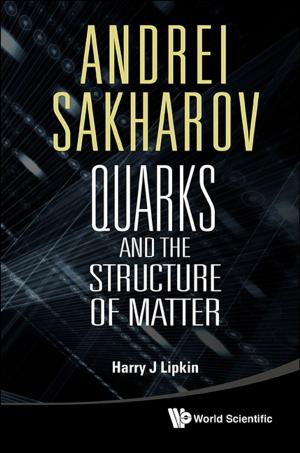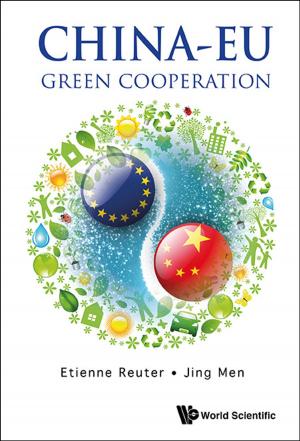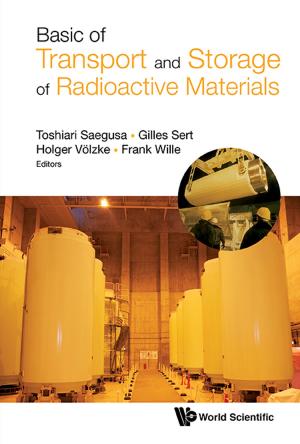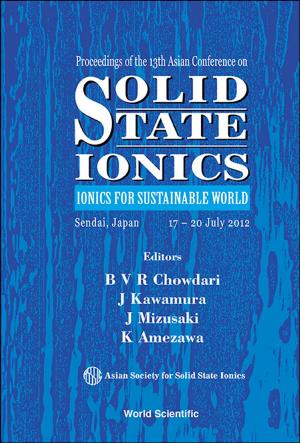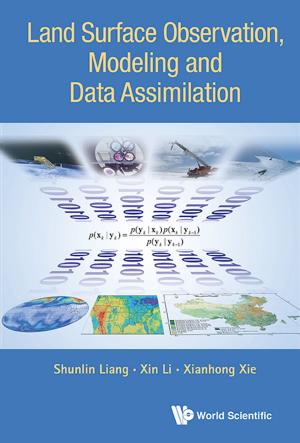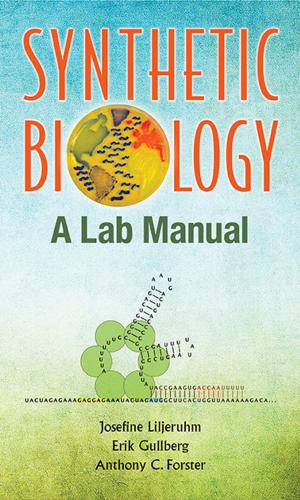The Clean Development Mechanism (CDM)
An Early History of Unanticipated Outcomes
Nonfiction, Reference & Language, Law, Environmental, Business & Finance, Economics| Author: | Ariel Dinar, Donald F Larson, Shaikh M Rahman | ISBN: | 9789814401111 |
| Publisher: | World Scientific Publishing Company | Publication: | March 25, 2013 |
| Imprint: | WSPC | Language: | English |
| Author: | Ariel Dinar, Donald F Larson, Shaikh M Rahman |
| ISBN: | 9789814401111 |
| Publisher: | World Scientific Publishing Company |
| Publication: | March 25, 2013 |
| Imprint: | WSPC |
| Language: | English |
Following the Earth Summit in Rio de Janeiro in 1992, countries took up the difficult task of finding a common approach that would slow down the build-up of greenhouse gas emissions in the atmosphere and delay changes to the planet's climate. A widespread concern among many of the participants in the newly formed United Nations Framework Convention on Climate Change was that the emission reductions needed to significantly affect climate change would cost so much that it could jeopardize the chances of a coordinated international solution. To address this concern, several flexible mechanisms were designed, including the CDM.
While many applaud the CDM, others are concerned with its performance and achievements, and whether or not it will be continued beyond 2012. Critics argue, among other things, that it has not delivered on the sustainable development objective for which it was established and that projects are unevenly distributed, both geographically and sectorally.
Much analysis is available on CDM, but very little comprehensive analysis, addressing various aspects of CDM is available. With a major decision for its continuation, a multi-dimensional analysis would be needed. This book is about the economic assessment of certain (not certain) CDM performances, and its future sustainability and trajectory.
Contents:
- Clean Development Mechanism: Past, Present, and Future
- An Updated Review of Carbon Markets, Institutions, Policies, and Research
- The Activities Implemented Jointly Pilots: A Foundation for Clean Development Mechanism?
- The Cost of Mitigation Under the Clean Development Mechanism
- Diffusion of Kyoto's Clean Development Mechanism
- Why Adoption of the Clean Development Mechanism Differs Across Countries?
- Clean Development Mechanism as a Cooperation Mechanism
- Why So Few Agricultural Projects in the Clean Development Mechanism?
- Conclusion
Readership: Graduates in economics, engineering, water law, international relations and practitioners in water resource management, international water law and water policies.
Key Features:
- Comprehensive analysis and global assessment of the CDM
- Assessment of future sustainability of the CDM
Following the Earth Summit in Rio de Janeiro in 1992, countries took up the difficult task of finding a common approach that would slow down the build-up of greenhouse gas emissions in the atmosphere and delay changes to the planet's climate. A widespread concern among many of the participants in the newly formed United Nations Framework Convention on Climate Change was that the emission reductions needed to significantly affect climate change would cost so much that it could jeopardize the chances of a coordinated international solution. To address this concern, several flexible mechanisms were designed, including the CDM.
While many applaud the CDM, others are concerned with its performance and achievements, and whether or not it will be continued beyond 2012. Critics argue, among other things, that it has not delivered on the sustainable development objective for which it was established and that projects are unevenly distributed, both geographically and sectorally.
Much analysis is available on CDM, but very little comprehensive analysis, addressing various aspects of CDM is available. With a major decision for its continuation, a multi-dimensional analysis would be needed. This book is about the economic assessment of certain (not certain) CDM performances, and its future sustainability and trajectory.
Contents:
- Clean Development Mechanism: Past, Present, and Future
- An Updated Review of Carbon Markets, Institutions, Policies, and Research
- The Activities Implemented Jointly Pilots: A Foundation for Clean Development Mechanism?
- The Cost of Mitigation Under the Clean Development Mechanism
- Diffusion of Kyoto's Clean Development Mechanism
- Why Adoption of the Clean Development Mechanism Differs Across Countries?
- Clean Development Mechanism as a Cooperation Mechanism
- Why So Few Agricultural Projects in the Clean Development Mechanism?
- Conclusion
Readership: Graduates in economics, engineering, water law, international relations and practitioners in water resource management, international water law and water policies.
Key Features:
- Comprehensive analysis and global assessment of the CDM
- Assessment of future sustainability of the CDM
